News - Advertising
Its. Building on Today's Market Needs
October 17, 2015
.jpg) Advertisement
Advertisement
How have things been moving for its. since you launched a year ago?
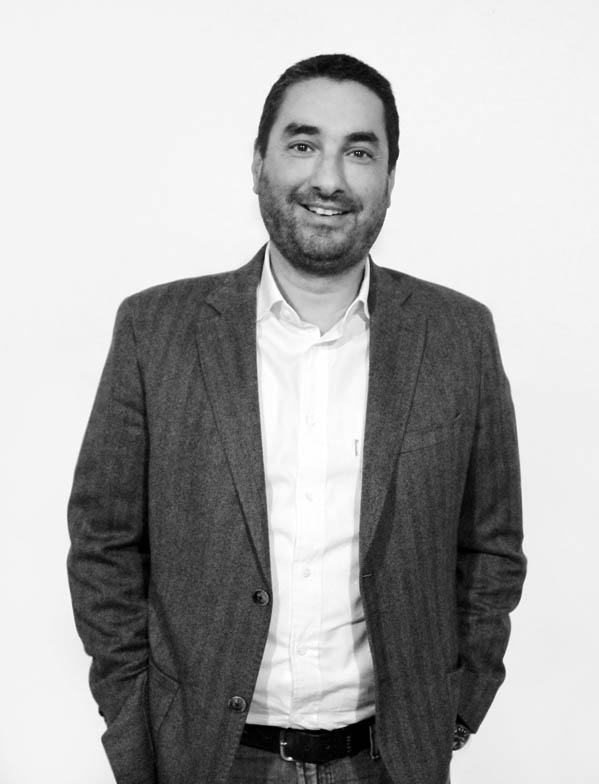 Waddah Sadek: It’s been great! The clash of cultures between a business driven culture and a totally creative culture was all beneficial; we’re learning from each other and clients are feeling the difference.
Waddah Sadek: It’s been great! The clash of cultures between a business driven culture and a totally creative culture was all beneficial; we’re learning from each other and clients are feeling the difference.
After one year, we are confident that we have made the right decision. It hasn’t been easy, but with the proper steps we have taken, we are now ready and able to start planning for the next five years, during which we will be mastering the new trend. Our aim is to work on specialised entities, as we’ve done now with our first entity, called tbsp.
tbsp. is an agency where experiences are created through branding and concept development for hospitality, catering and restaurants businesses; as such, this entity has already been a part of the success of a lot of HORECA businesses in Lebanon.
We plan on launching four new entities; each specialised in its field. Hopefully, all those entities should be active by end of the year.
The traditional agency lines and functions are continuously blurring so, how has the profile of your agency, after the merger, changed and what are you doing differently?
WS: The good thing about starting a company and structure from scratch is that you can easily build it to meet today’s needs as opposed to being established and adapting to the new changes.
We built its. with all the current needs and challenges in mind, making it a hub of creativity with a strategic edge that could cater for all layers of communication, from digital to social or above the line. I don’t think many agencies in the region are as fit or ready to face the future as we are.
Could you point out some of the benefits you and clients are gaining from this merger?
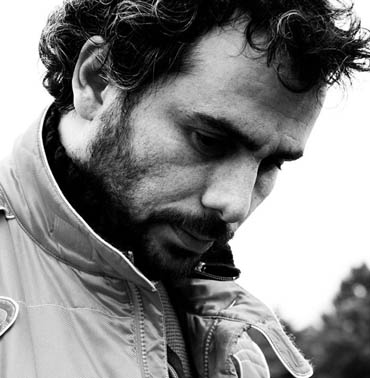 Daniel Georr: Versatility! its. was built and structured with all the current challenges of modern communication
in mind. We know that clients could no longer afford to limit their touch points to few traditional areas, and therefore needed to be present in every layer, be
it below the line, online, or above the line. But clients are also looking to be directly in touch with their audience, building and creating scenarios, events or activations that create experiences and push their target to interact with them.
Daniel Georr: Versatility! its. was built and structured with all the current challenges of modern communication
in mind. We know that clients could no longer afford to limit their touch points to few traditional areas, and therefore needed to be present in every layer, be
it below the line, online, or above the line. But clients are also looking to be directly in touch with their audience, building and creating scenarios, events or activations that create experiences and push their target to interact with them.
In the first interview conducted you said, “Independent agencies have more space today than global ones." Does this mean that your clients’ portfolio is only comprised of SMEs and can your agency sustain itself and survive only with such accounts?
WS: When I said independent agencies have more space than global ones, I did not mean that we couldn’t service big accounts. On the contrary, we are more fit for big accounts. Our portfolio is slowly becoming less local, and the only thing that we are suffering from is either global alliances or a lack of understanding of independent agencies. What big brands are slow to understand is that independent and local agencies have, most of the time, better talents than global ones, and their senior people are directly involved in the work.
I strongly believe that the coming years are ours and, sooner or later, big agencies will have no choice but to totally change or disappear.
What advantages does an independent agency such as yours have, especially when looking to attract big brands?
WS: We have more services within the same structure. Today, with big agencies, big brands are serviced in a structure that is more like a maze: if you are a big client and are dealing with a multinational agency, you deal with one entity for your advertising, another for media, and still another for digital, etc. It’s not only exhausting and more expensive, but with such structures –no matter how good you are – you lose a lot of quality and consistency in your communication. What is more serious is that there are conflicting interests within the same group, since each head needs to benefit his own P&L; while in independent agencies, all teams and all heads are in the same structure, feeding and helping each others’ plans, with of course one touch contact and a common interest to service.
What are the biggest problems you're facing in advertising today and what are some of the challenges you're facing on daily basis?
DG: Advertising, as traditionally defined, is disappearing. Independent agencies are faster to cope with that change, but the biggest challenge remains the clients. Some are early adopters and are changing with us; others think that, today, Facebook can replace all other channels of communication, and they are totally overestimating the power of social media; while others are still not willing to adopt the new ways and need education and some convincing.
On the other hand, the industry as a whole is facing huge challenges, with budgets decreasing and competition increasing; but this is bad only if you are not one of the best.


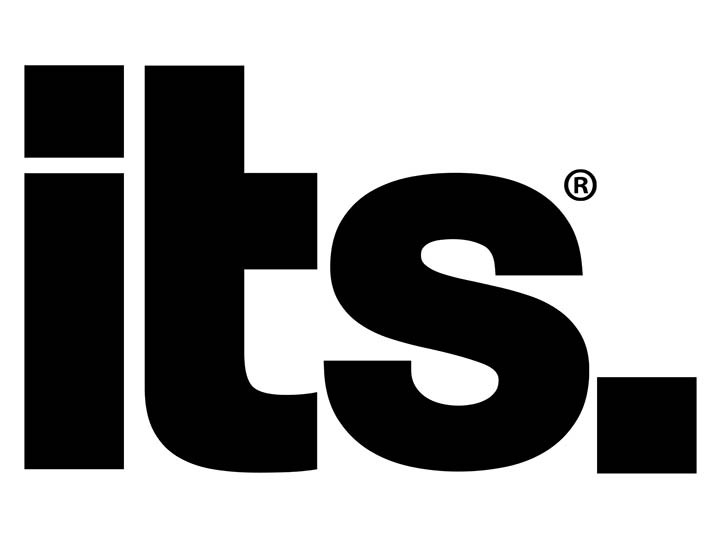
.jpg)
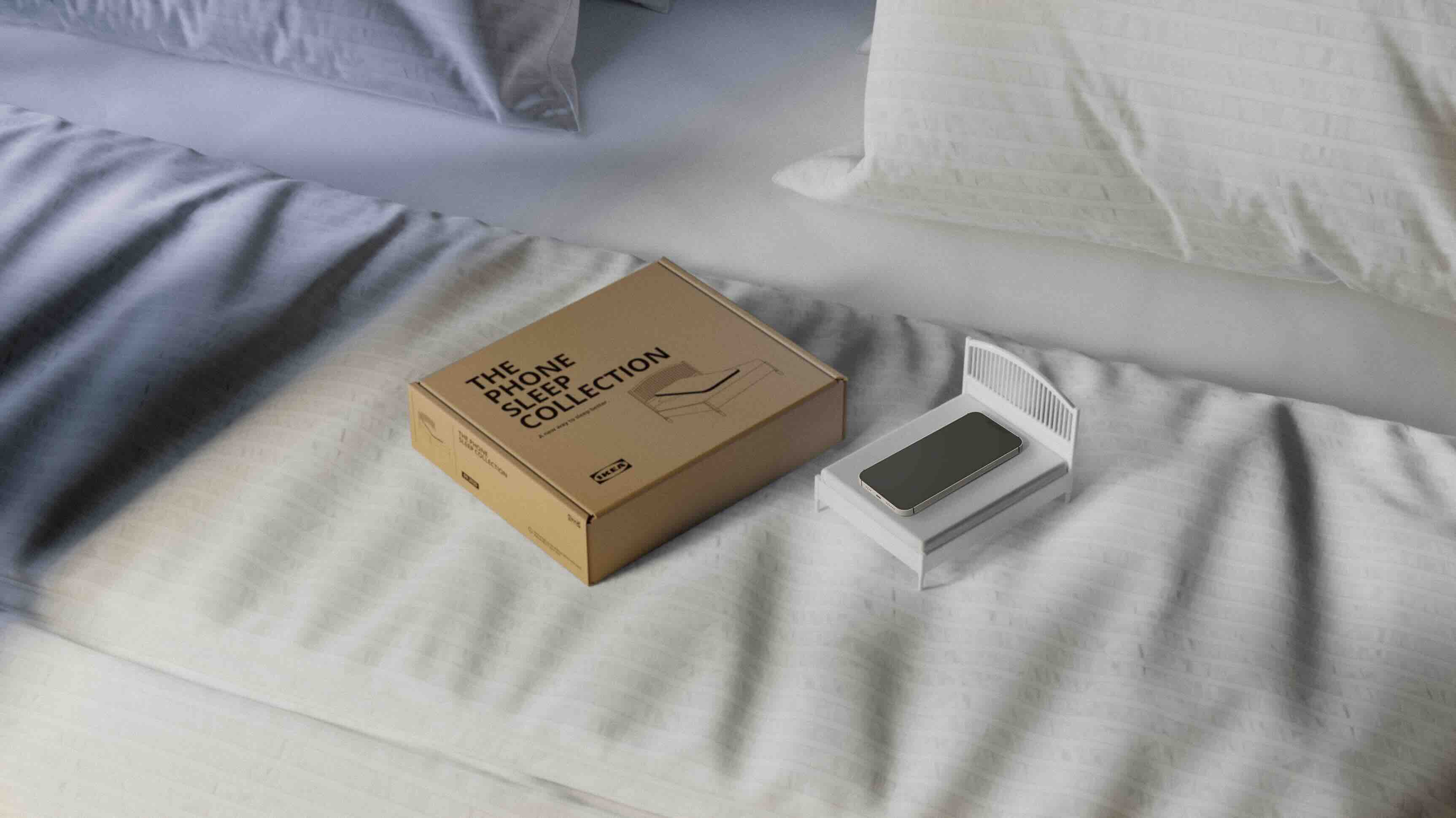
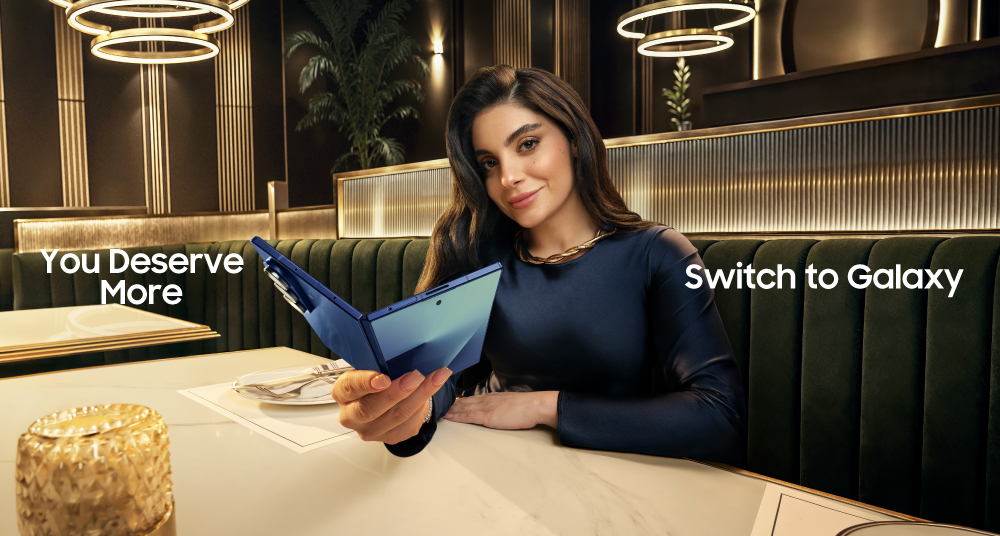
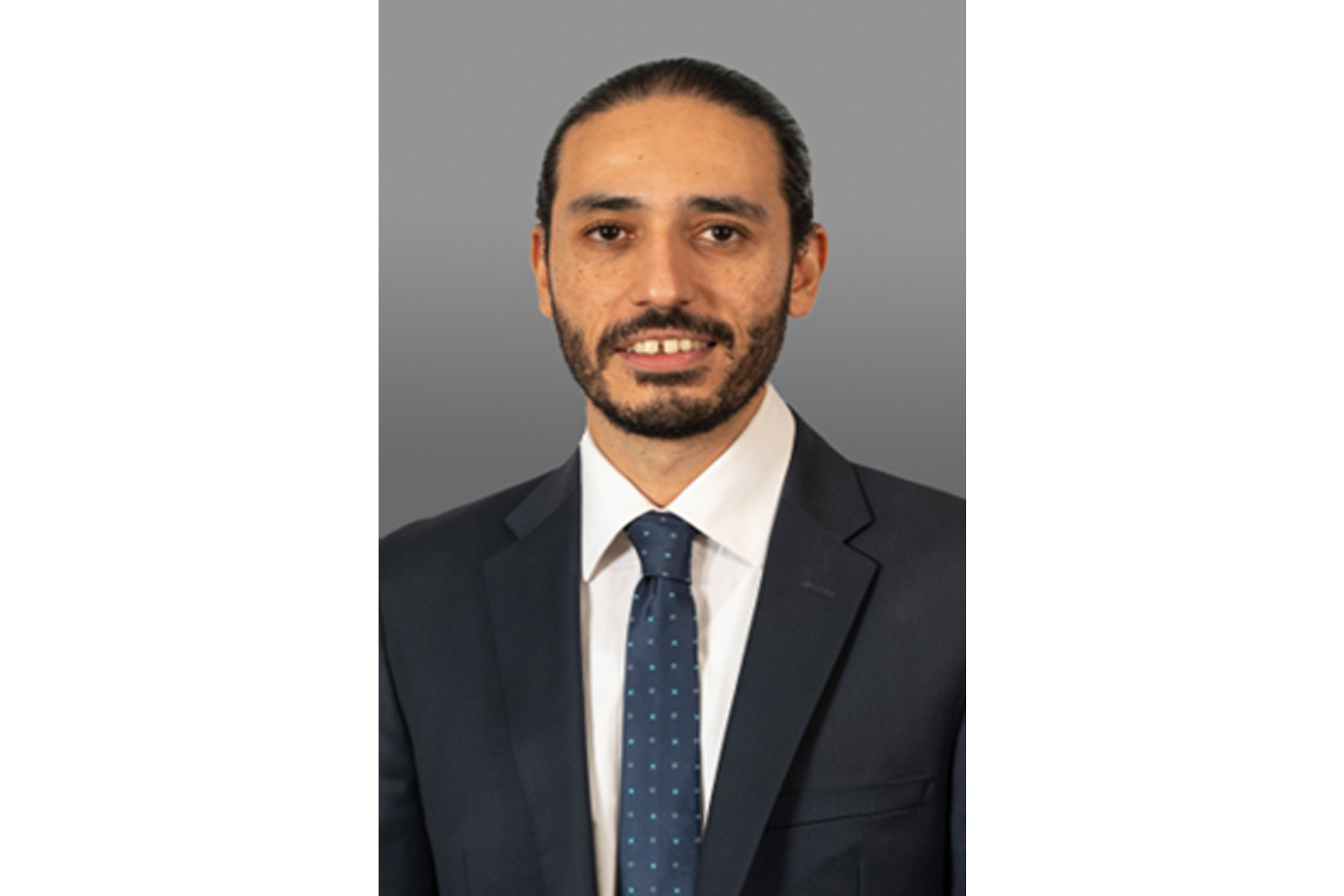
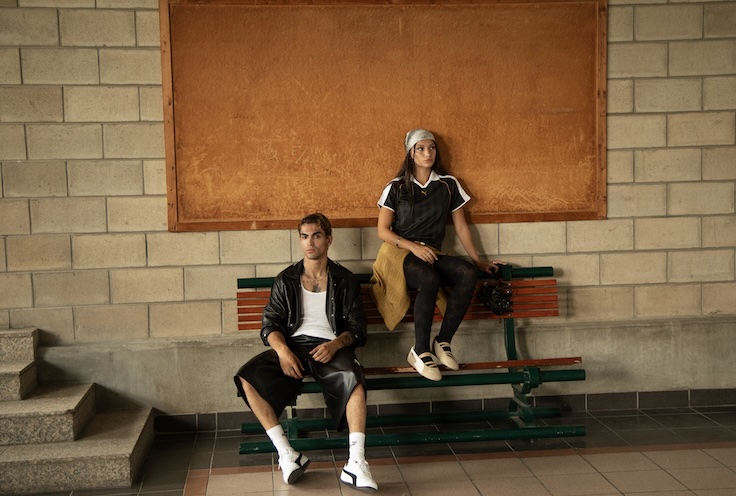
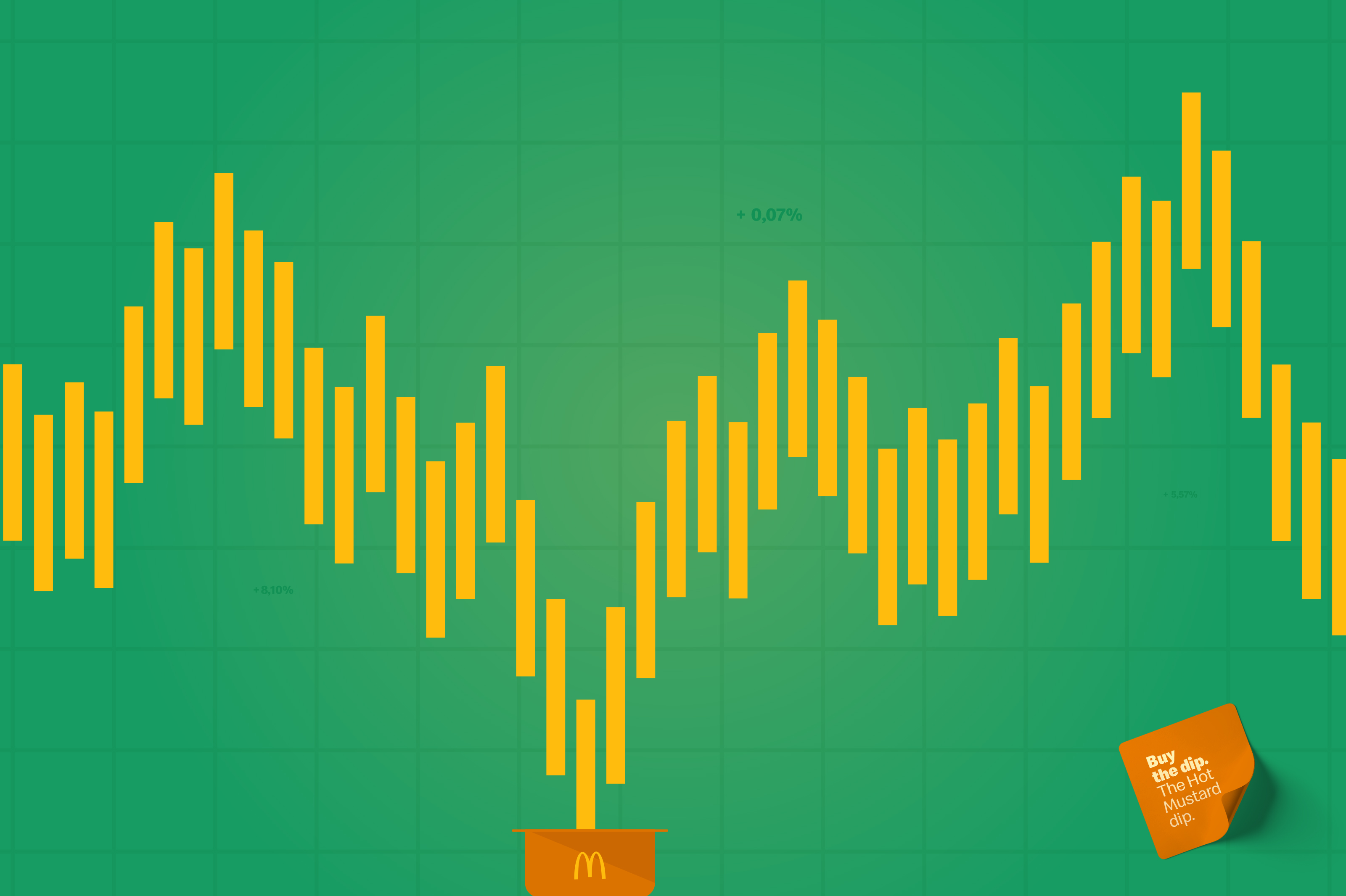
.jpg)




